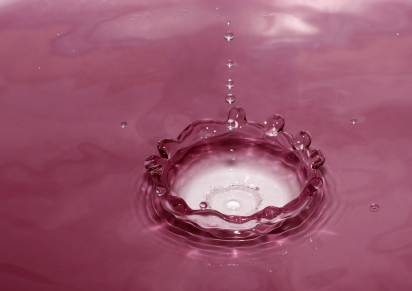There are words and phrases that we say in the Christian life that we have learned but may have never pondered. They become part of our vocabulary even though we may not fully understand their meaning. We’ve become used to them, and so we repeat them, almost without thinking.
Recently, I realized that “casting crowns” was one such phrase for me.
There’s a band with the name.
We sing about it.
We may even know Bible verses that talk about it.
But for me, my understanding of it was rather elementary.
In my mind, casting crowns at Jesus’ feet was synonymous with laying down our treasures and our trophies. We give Him the good things that we have because He has given us things that are so much better. And while this is certainly true, there is a difference between trophies, treasures and crowns. Trophies are earned, treasures are discovered, but crowns are granted. In other words, my trophies and treasures are mine because I’ve something that I did, but crowns – they’re granted because of who someone is. It’s not something that’s earned – it’s a right that’s bestowed.
But maybe my lack of distinction between the three was more a reflection of my propensities rather than my intellect. After all, somehow it seems easier to give back to Christ the good things that I’ve accumulated, as if somehow I’m validating my worth in my Savior’s perspective (never mind the fact that all these good things are but filthy rags to Him.) But my crown? The very rights I have – to make my own decisions, do my own thing, and be who I want to be – that’s a much harder proposition.
Yet, hard as it may be, it’s still the proper thing to do, as Scripture makes clear. Christ Himself said that a follower of Him must “deny himself and take up his cross and follow me” (Matthew 16:24). As we all know, denying ourselves is no easy thing, especially when we have the “right” to do what we want. But Jesus doesn’t want just the good things that we do on His behalf – He wants our very selves. Which means we stop being the ruler of our own lives, and we let Him be.
In other words, by laying down our crowns, we make sure that He’s the only One who’s wearing one. And that’s how it should be.
